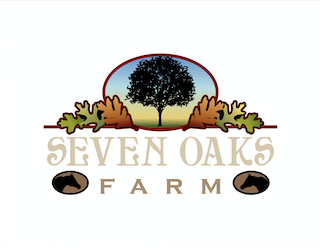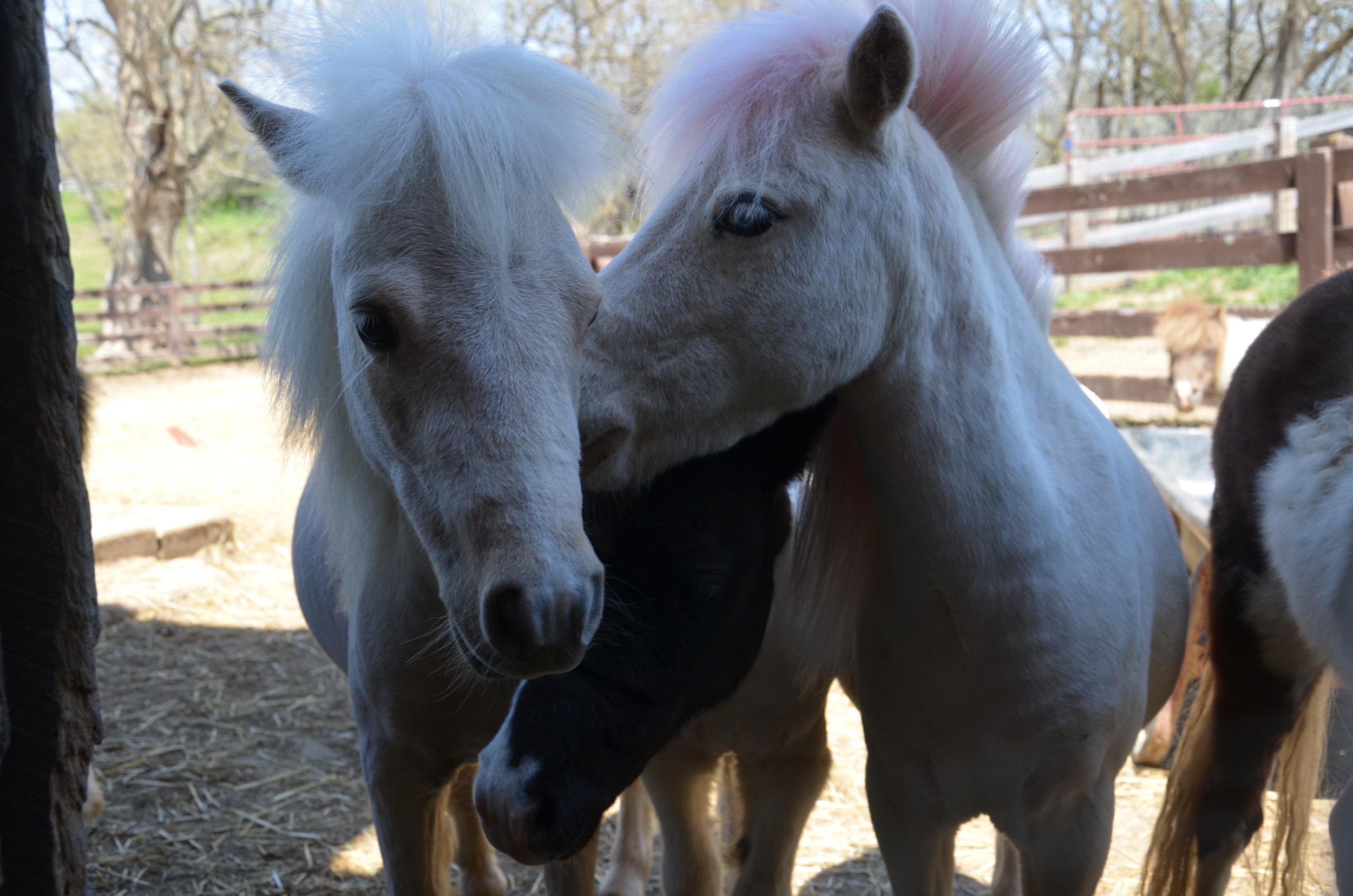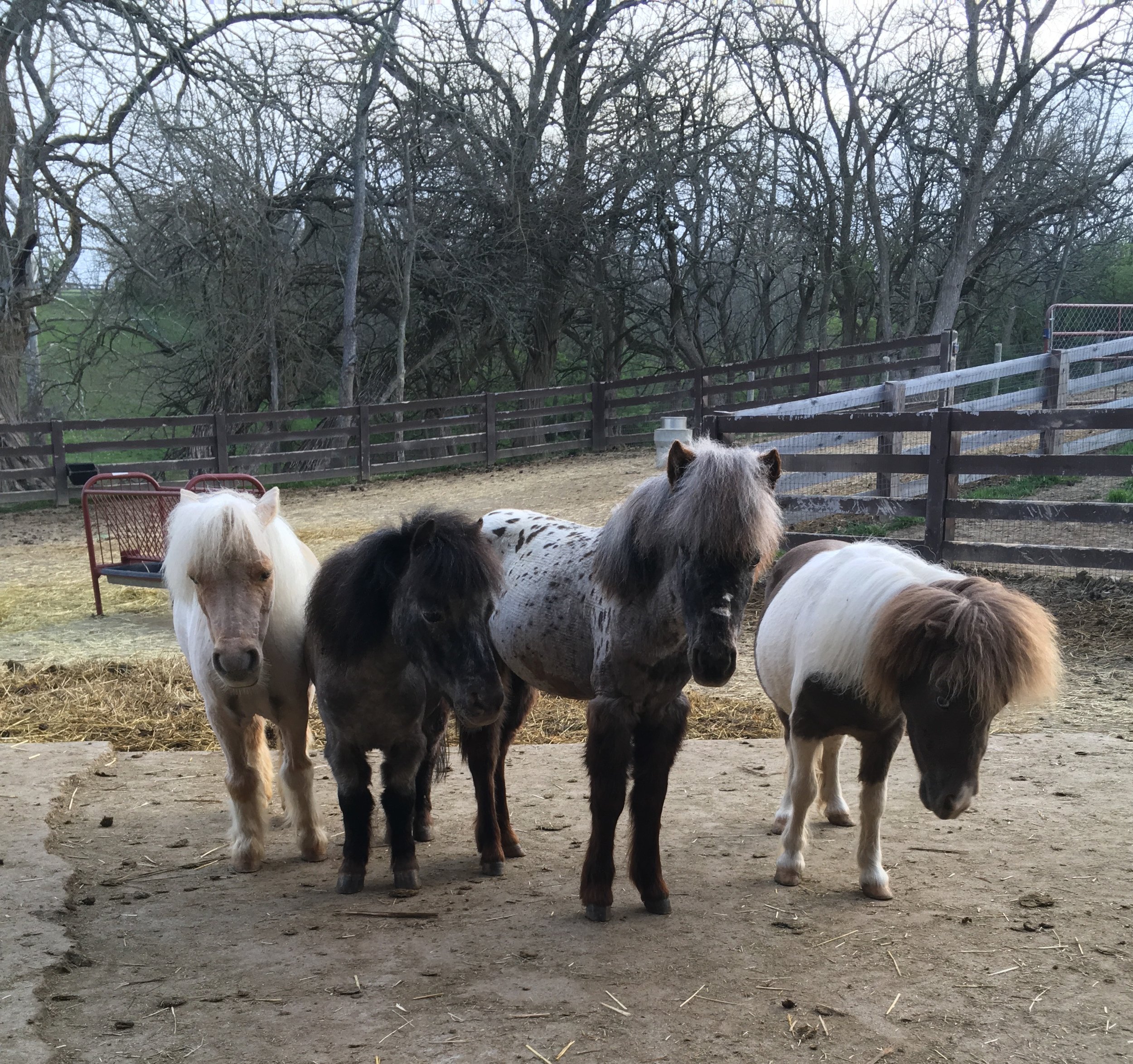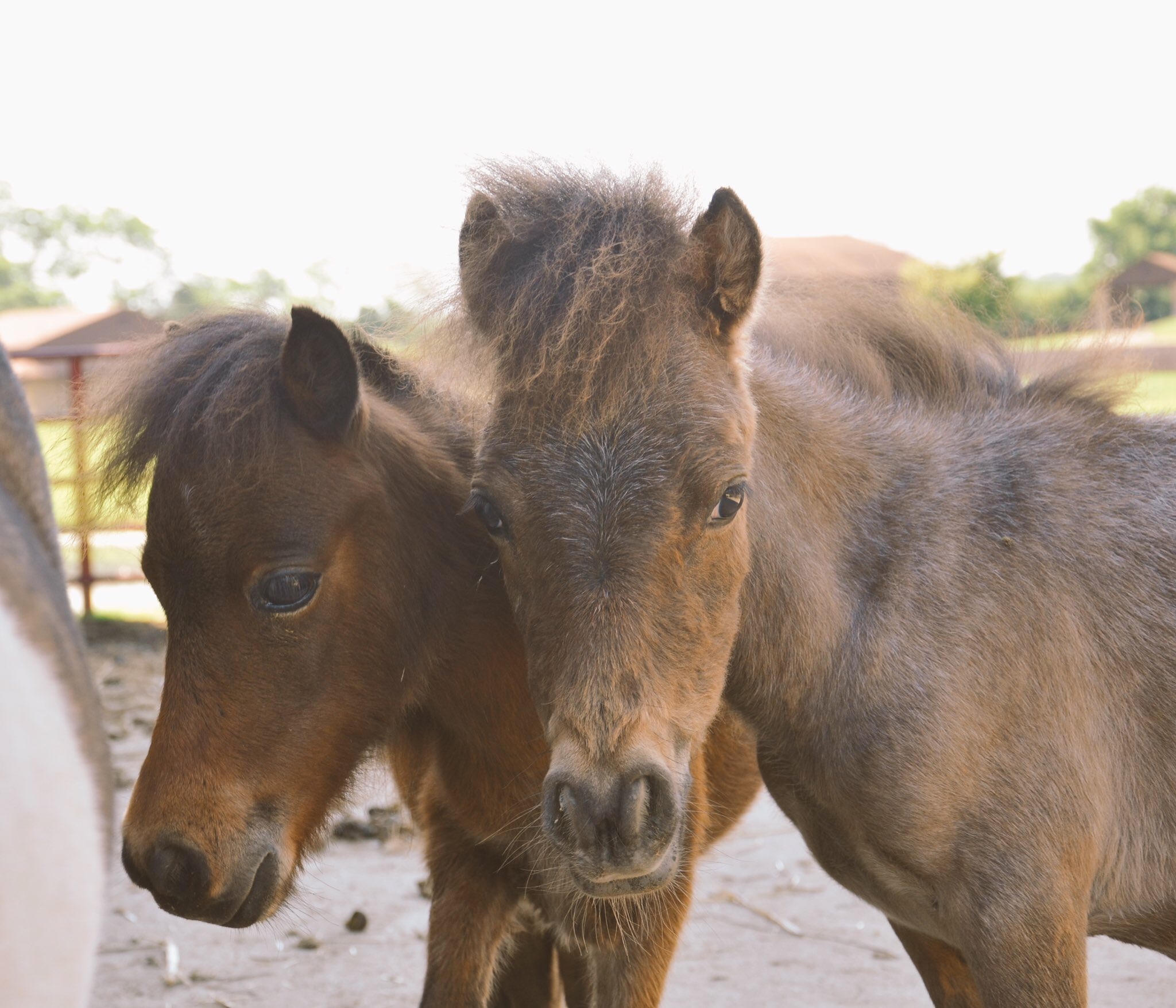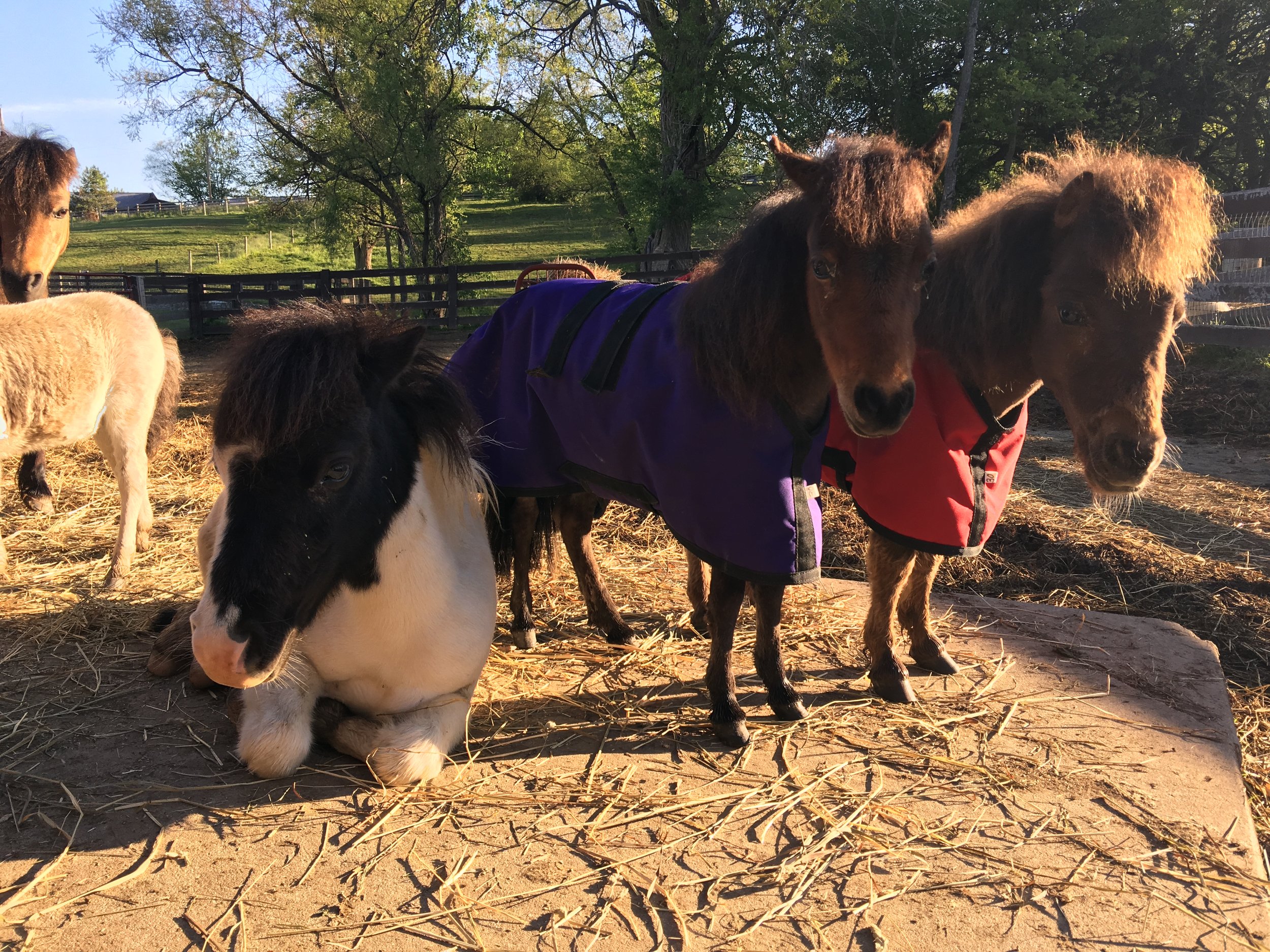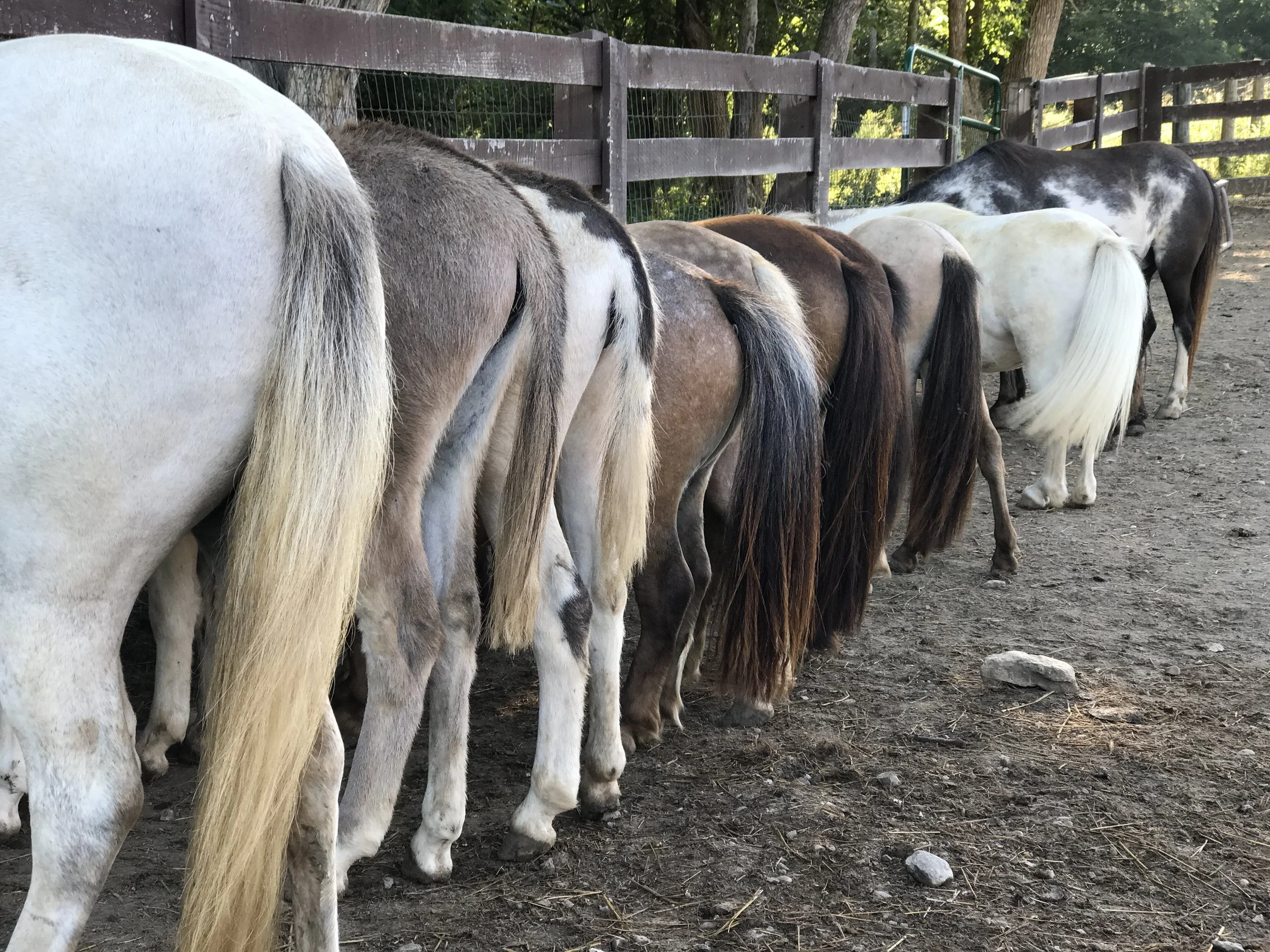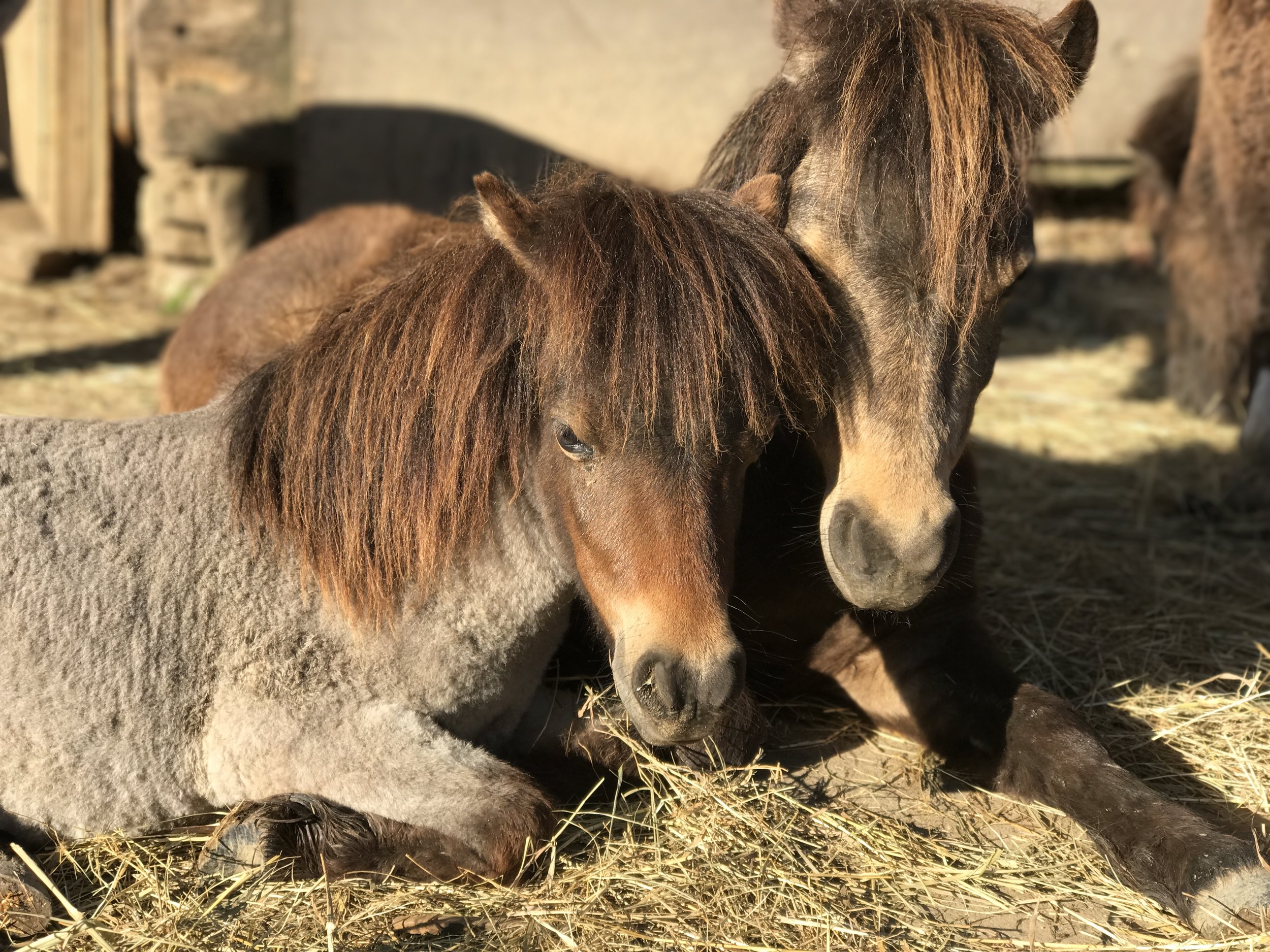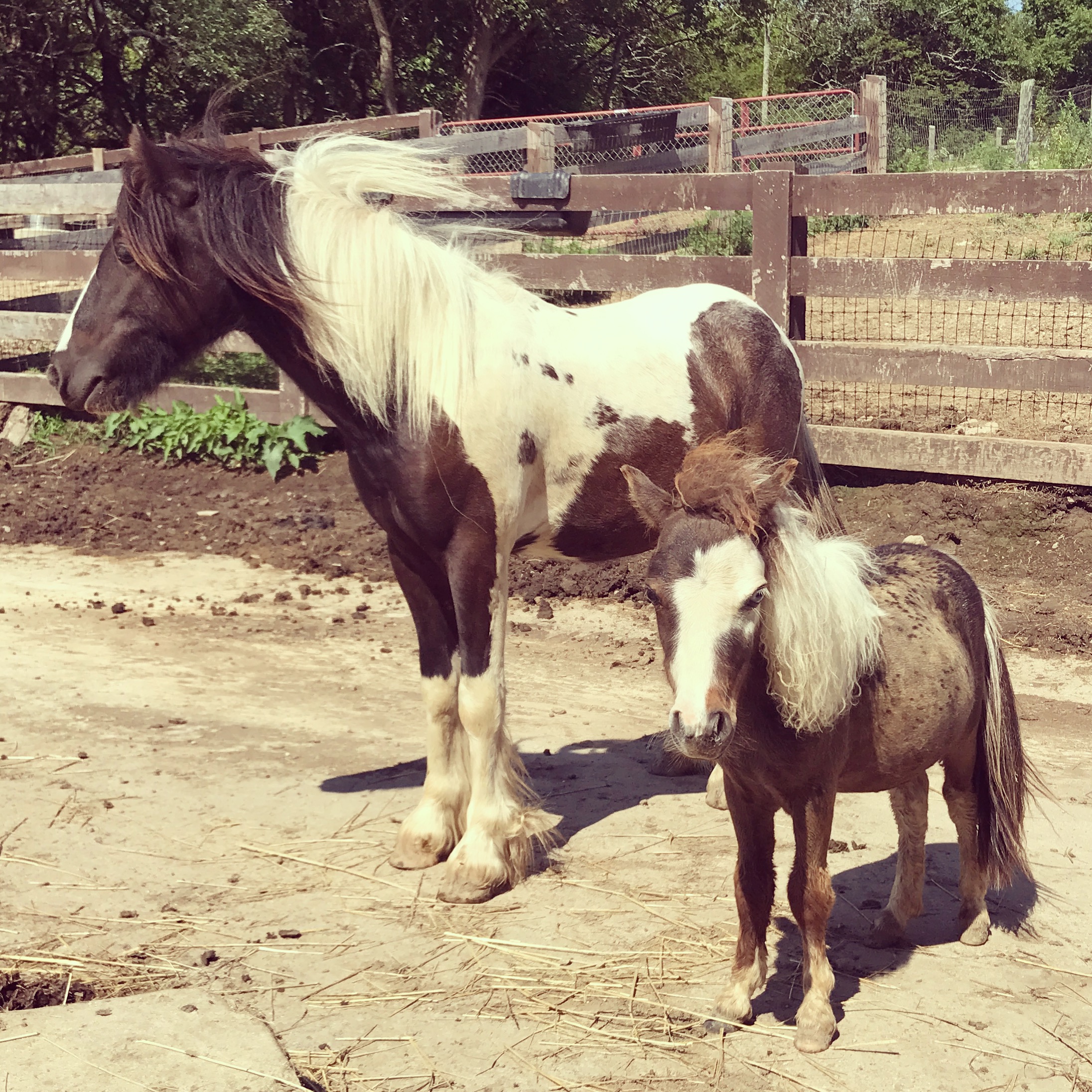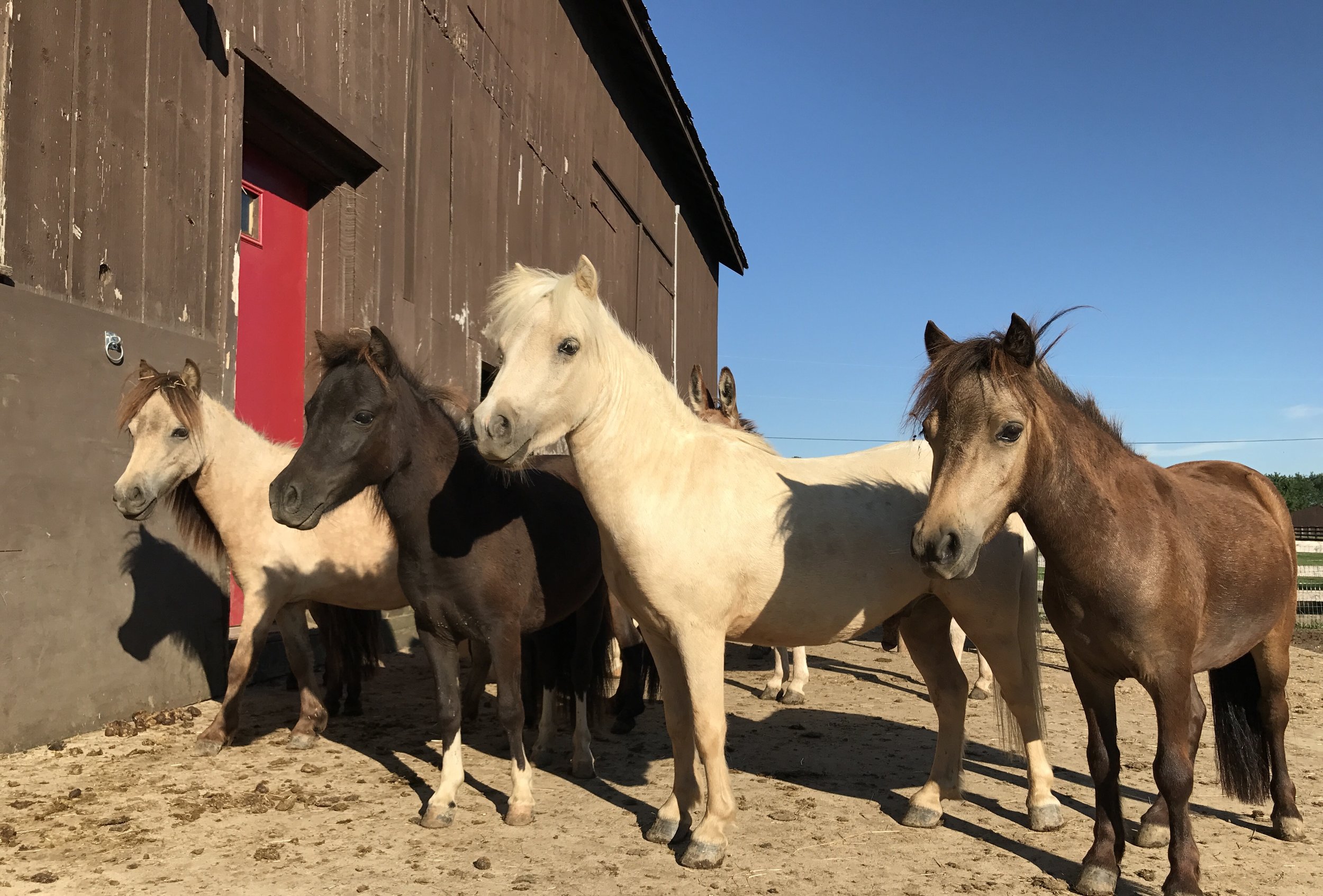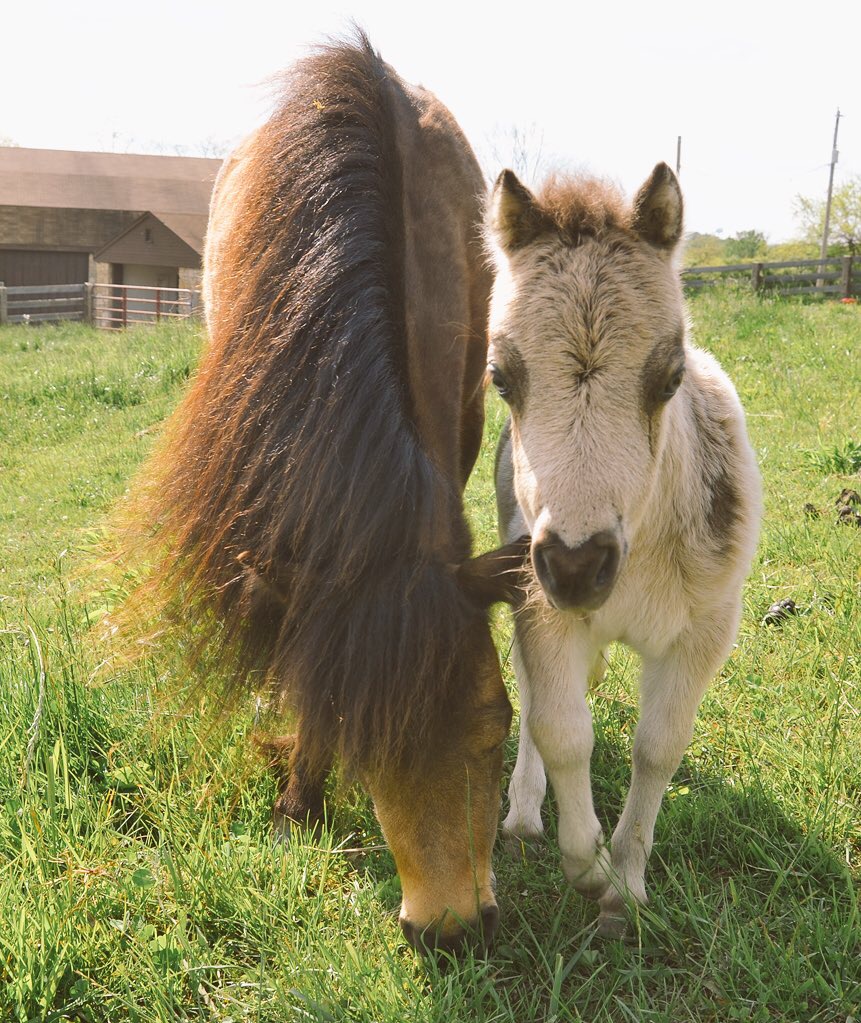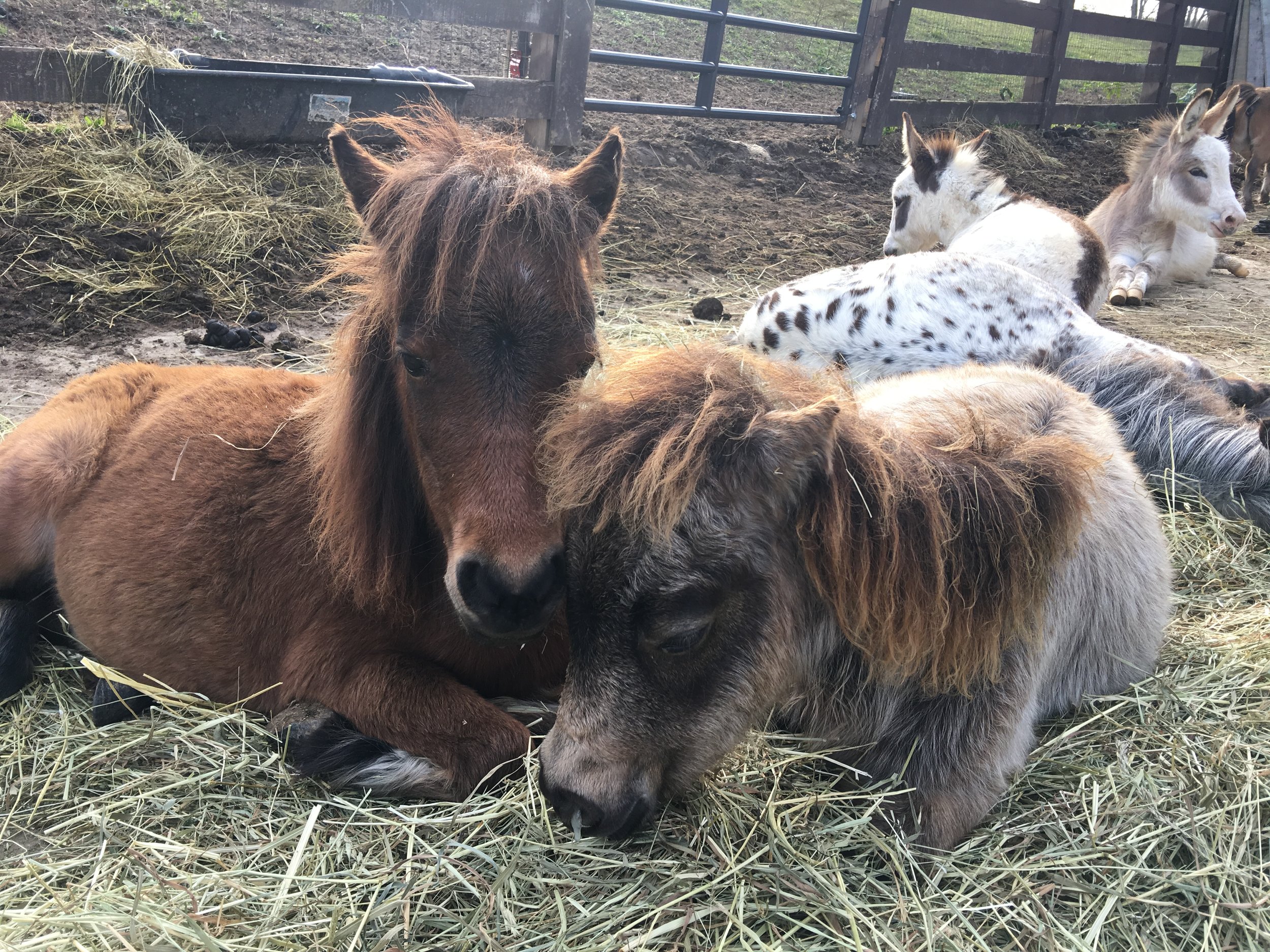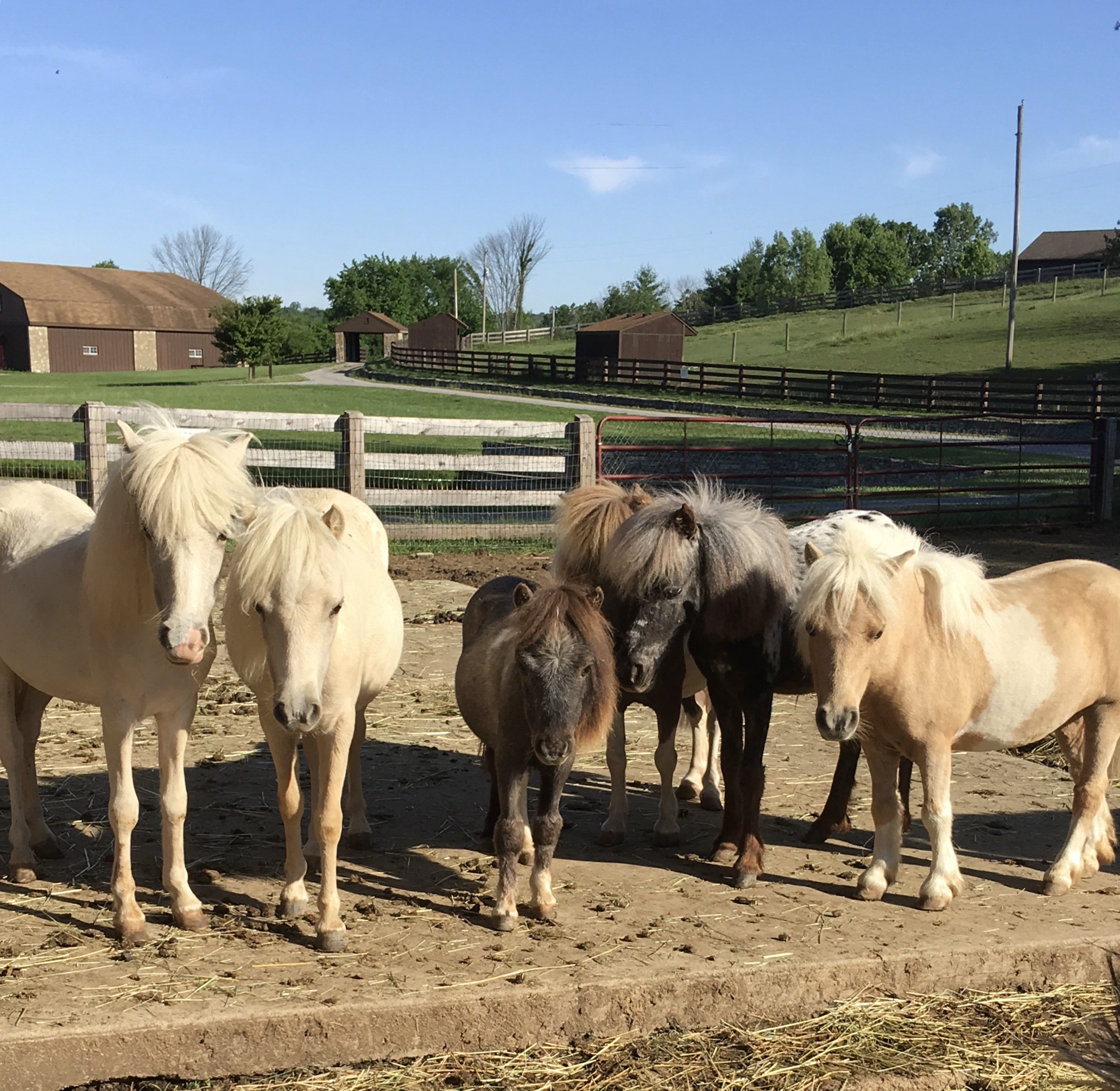Choosing A Therapy Horse
Some of the most frequent questions we are asked are, “Would my horse make a good therapy horse,” and “How do you evaluate a horse for therapy?”. As easy as these questions may sound there is NO easy answer. You may ask yourself, “why is it so hard to answer such simple questions?” The answer will vary for each individual horse and its handler. The experiences and backgrounds of each horse vary greatly, as does the experience of each handler; it isn’t safe or logical to say that there is a set of rules to follow.
Just like you, I am in love with horses and find it hard to resist a new horse. The personality of any horse away from it’s herd and normalcy is harder to predict, and could easily change when in a new handler’s hands. Good breeders will keep the integrity of the miniature horse breed, have established personality and size consistency. I pick a horse because I like his/her coloration, I also have a list of reputable breeders who I work with who know the personality I look for.
Horse Age
There are pros and cons of choosing a horse of any age for your program. We have brought in horses like Annabelle and had her out doing therapy visits within 2 weeks of being born. Others like Denver came to the farm around age 4 and after a bit of desensitization, he was doing therapy visits after 6 months. You need to find a horse that works with your personality. If you can form a trusting relationship with a horse, age doesn’t matter.
Baby Horses
They are so irresistible! Okay, now that we have that established… A benefit of choosing a younger horse is the small number of handlers they have experienced. You will be their primary trainer and you know a lot of what they have been through. When they are young, babies are typically easier to handle and train. Remember, horses go thru a stage of "terrible twos”. Trust your training, don’t let temporary habits become normal behaviors.
Older Horses
A benefit of choosing an older horse is the maturity level. You can see more of their permanent personality. You are not the only person who has trained this horse, simply put - old habits die hard. A mature horse has history, various handlers and maybe even different disciplines. Do you best to find out how that previous training has influenced their handling and disposition now. Again, trust your training and be consistent.
Bottom line, a horse that is well trained with a tender hand will create a lasting bond.
Mares or Geldings?
We use mares and geldings equally in our program. I don’t prefer one over the other, and some of my best teams are mare/gelding duos. I do take into consideration who I put into the trailer. Some horses will react differently on a visit depending on who is with them. A lot of my time is spent watching the herd dynamic, who allows who to eat by their side. This determines who I can pair together. We always try to partner horses with their friends or other horses from their micro-herd to make the visit as stress-free as we can.
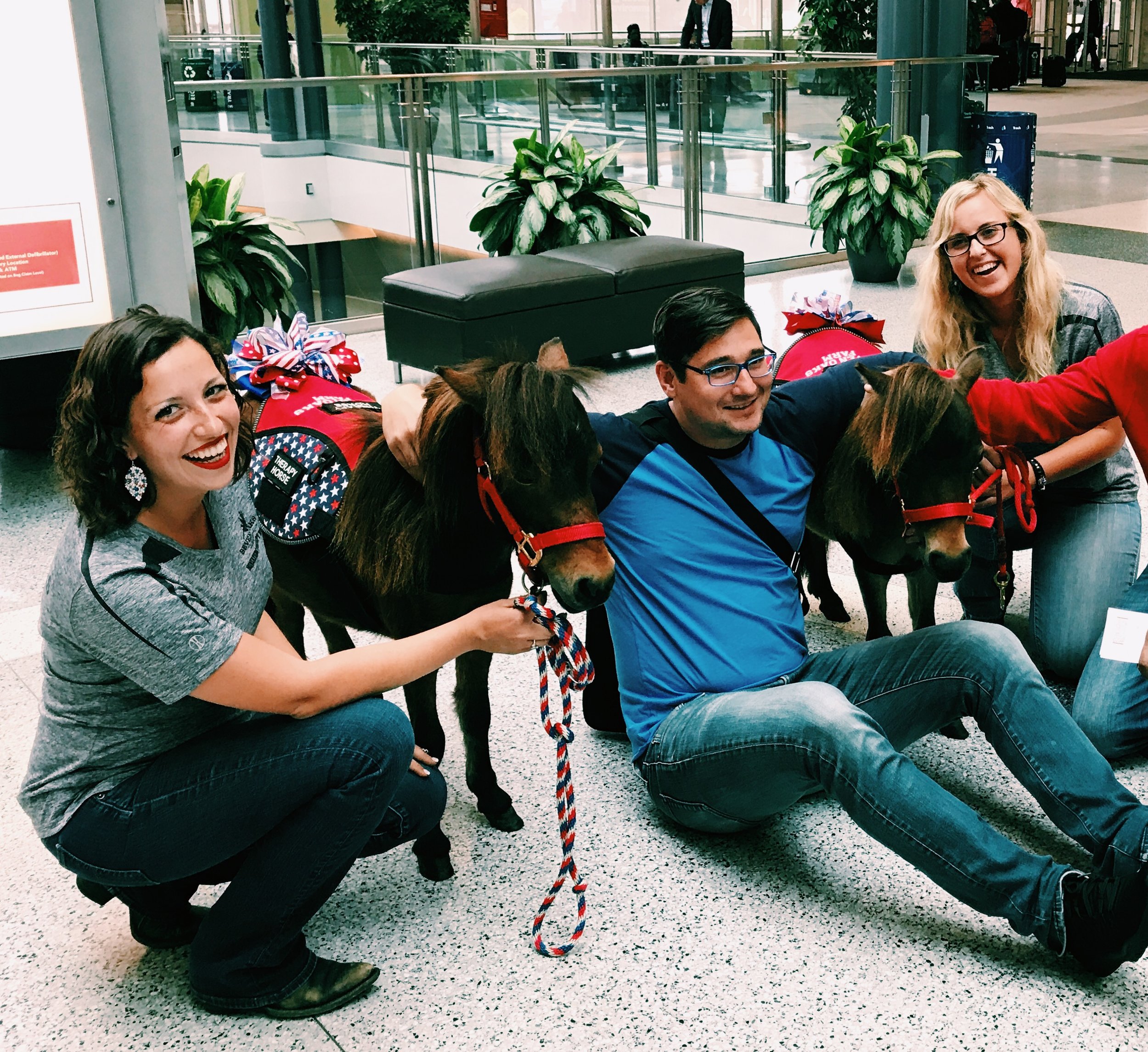
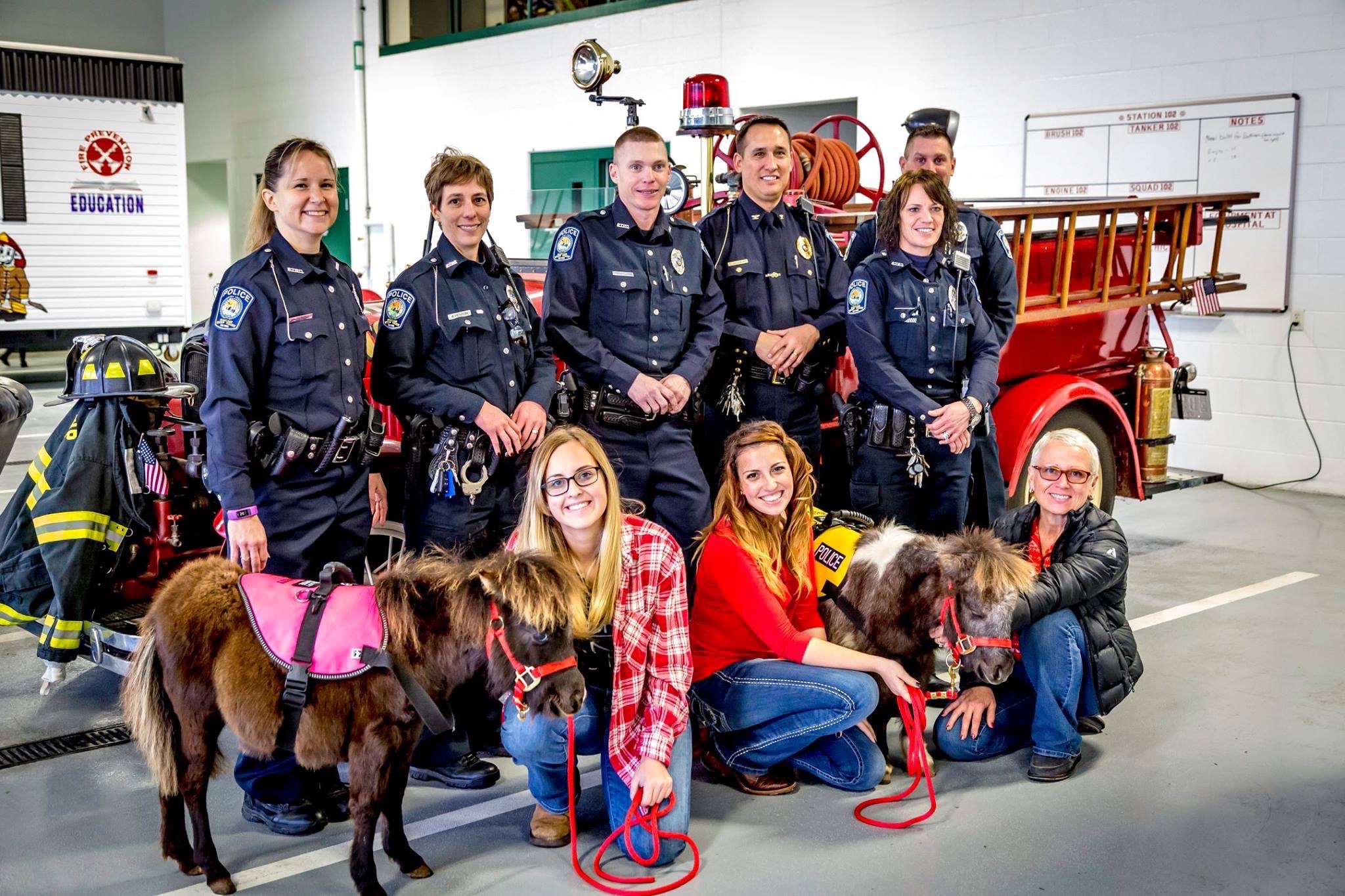
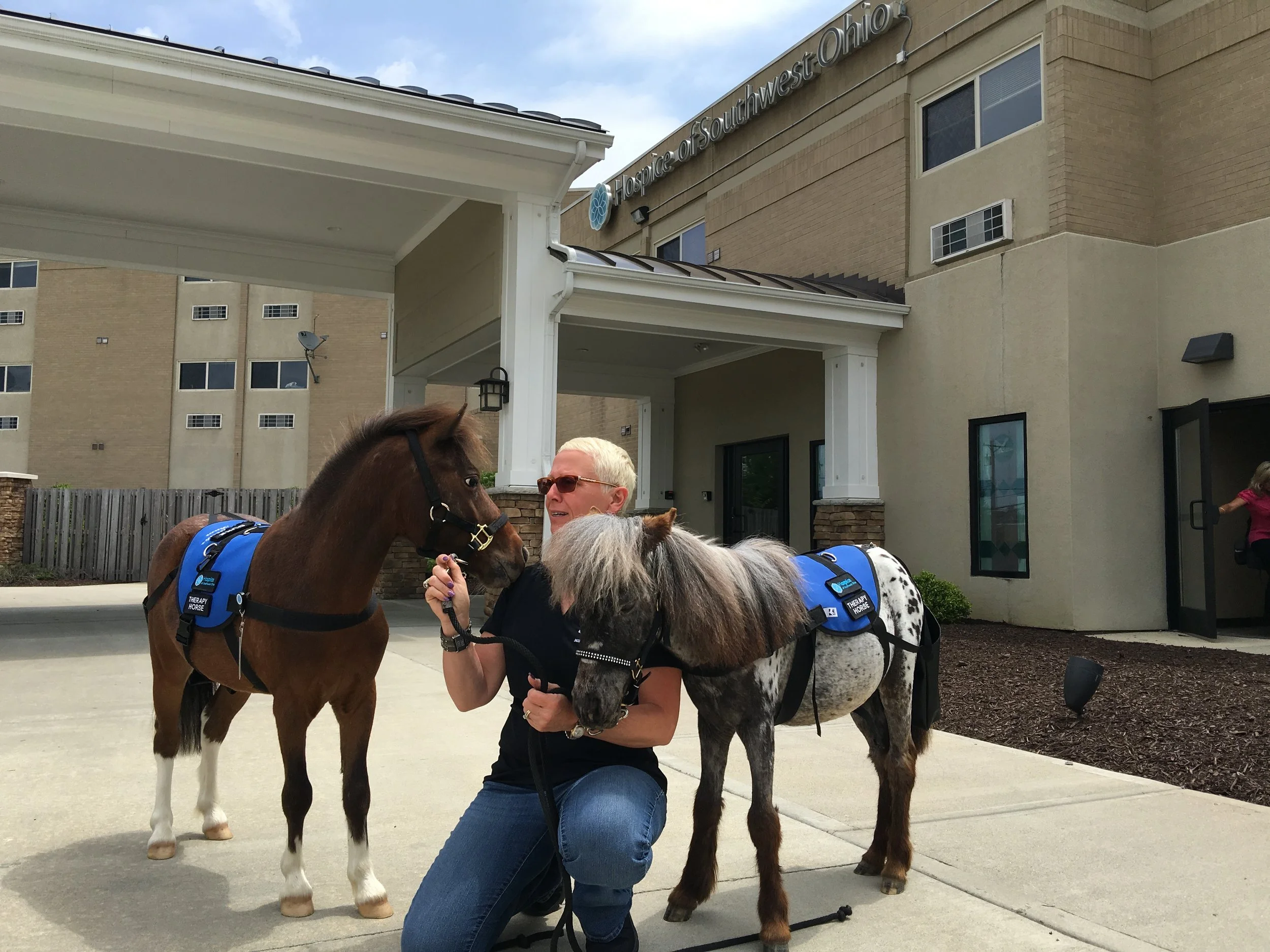
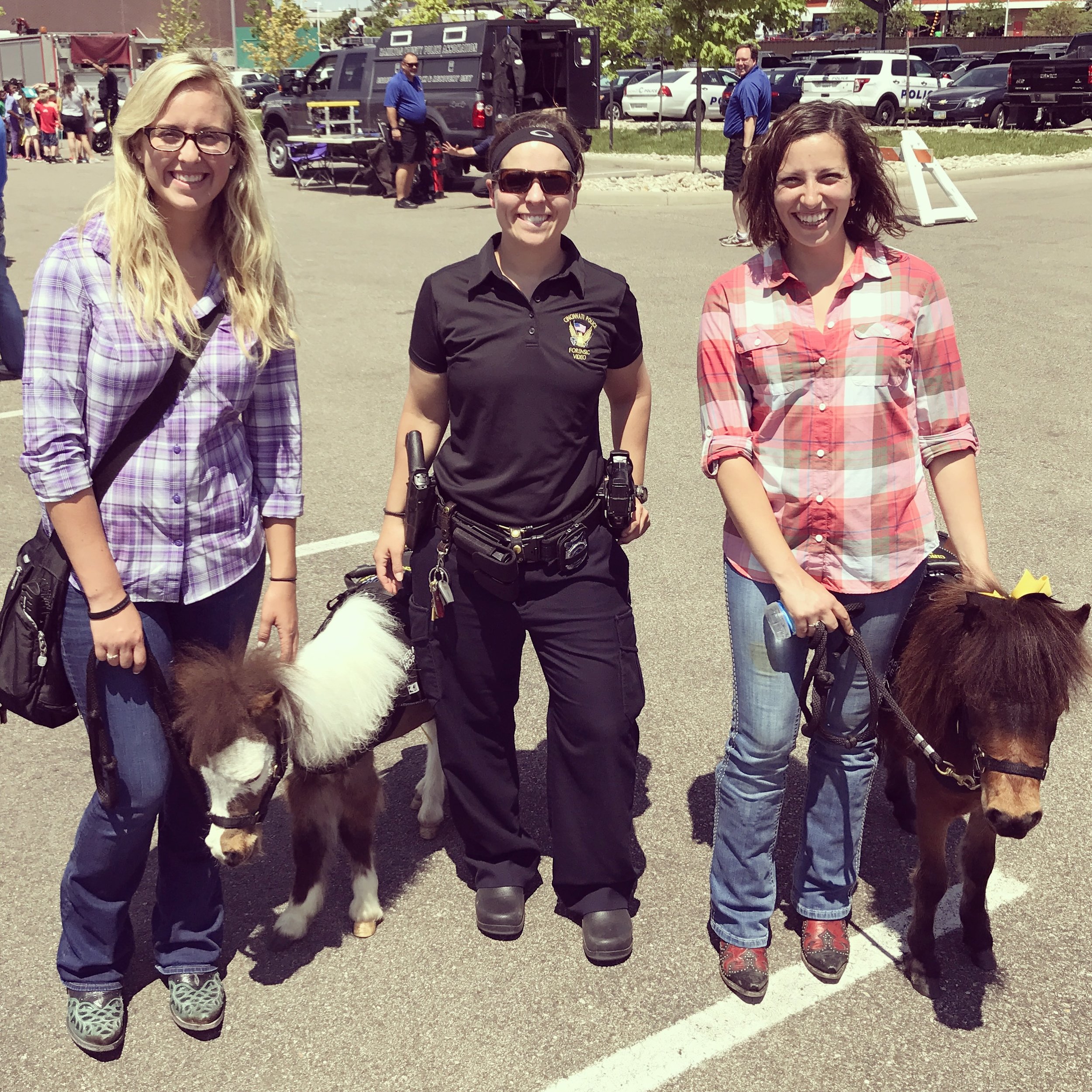
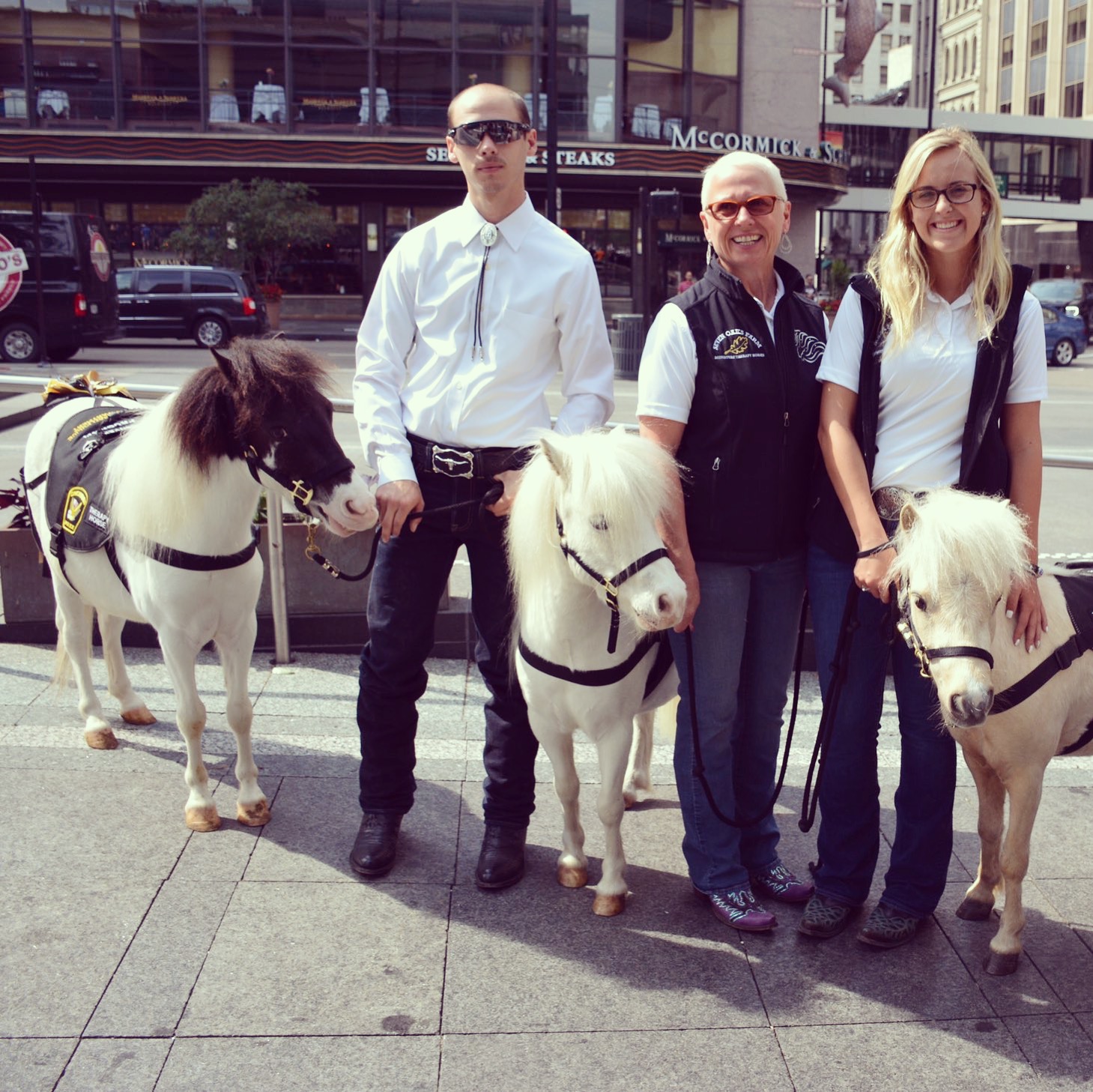
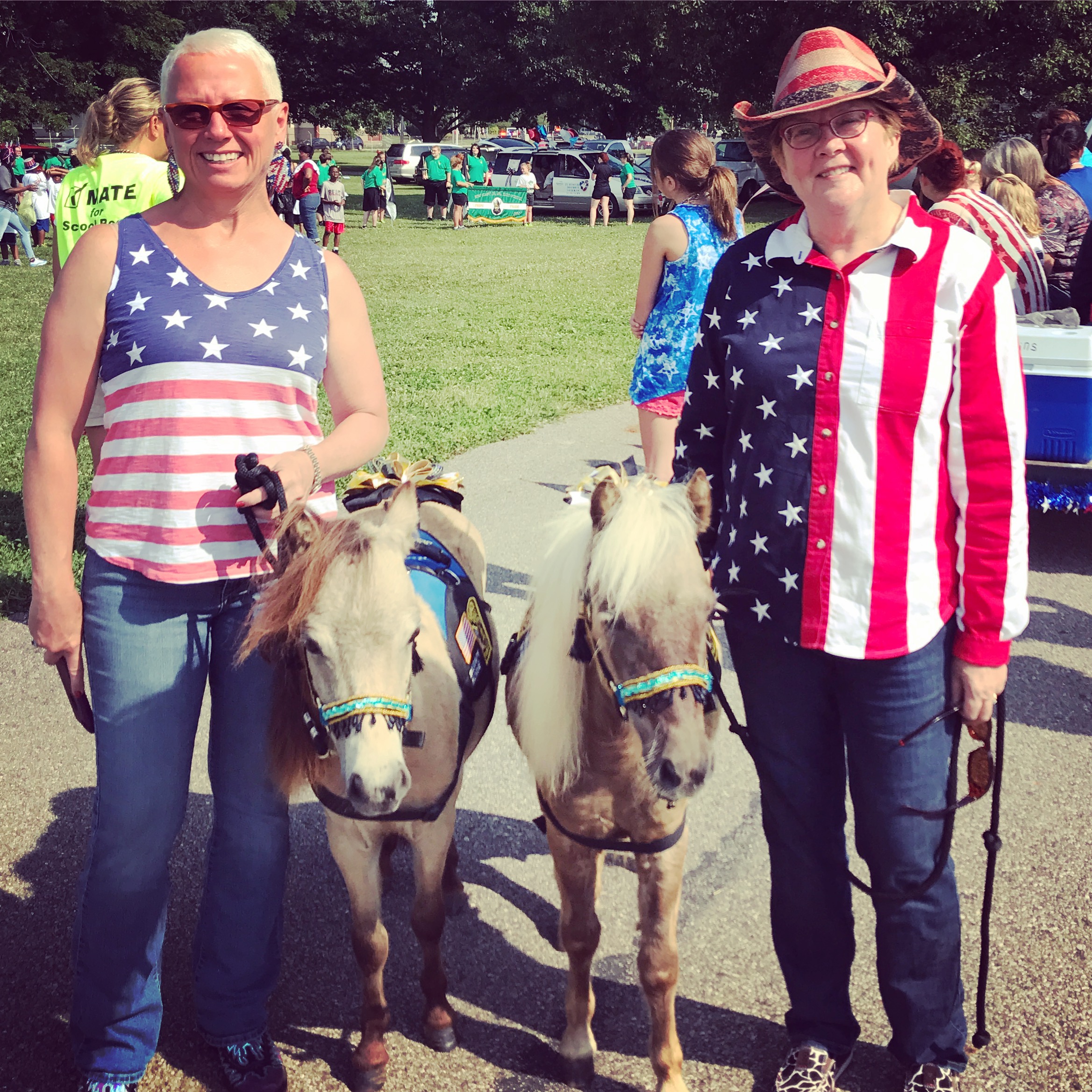
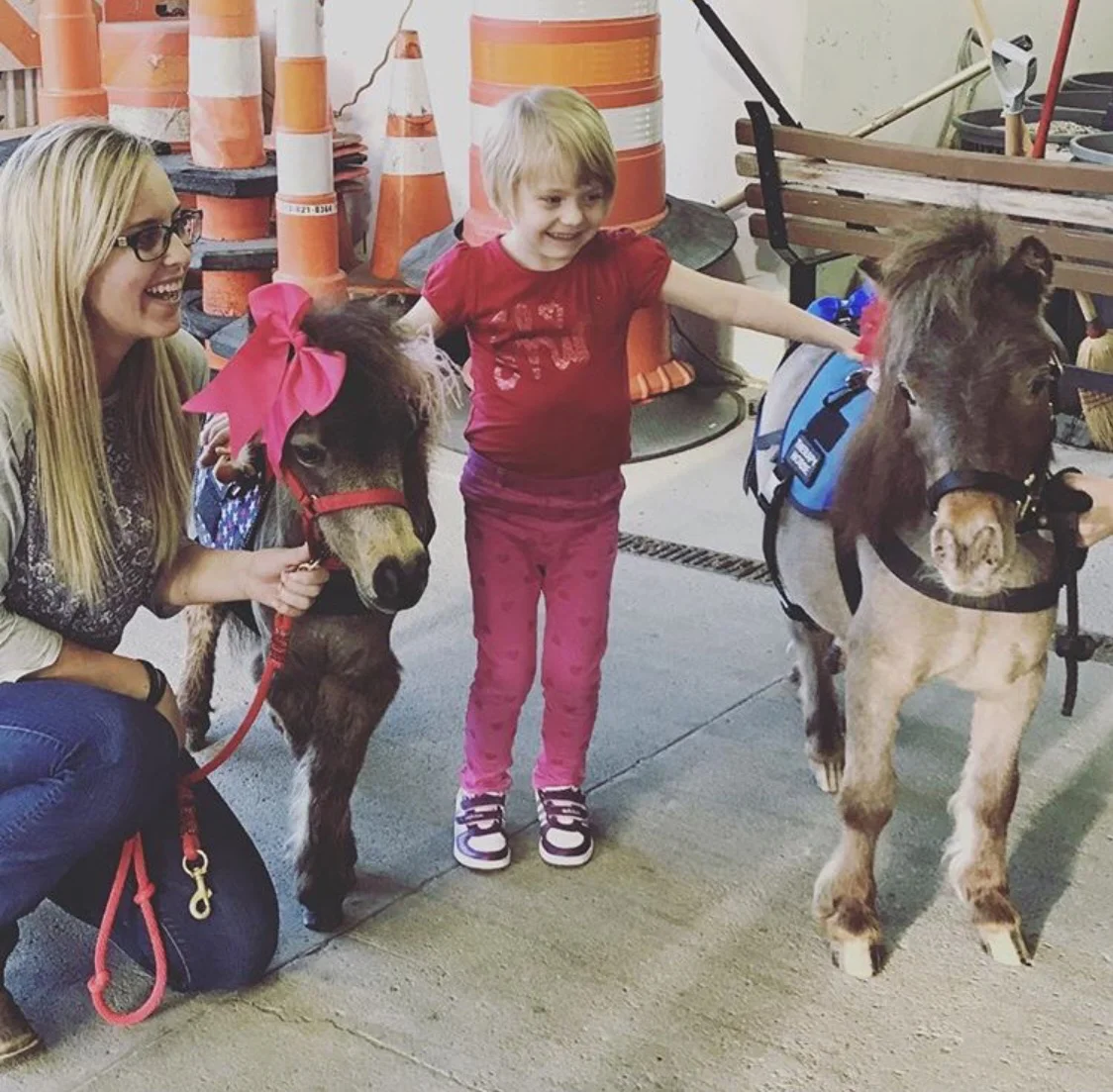
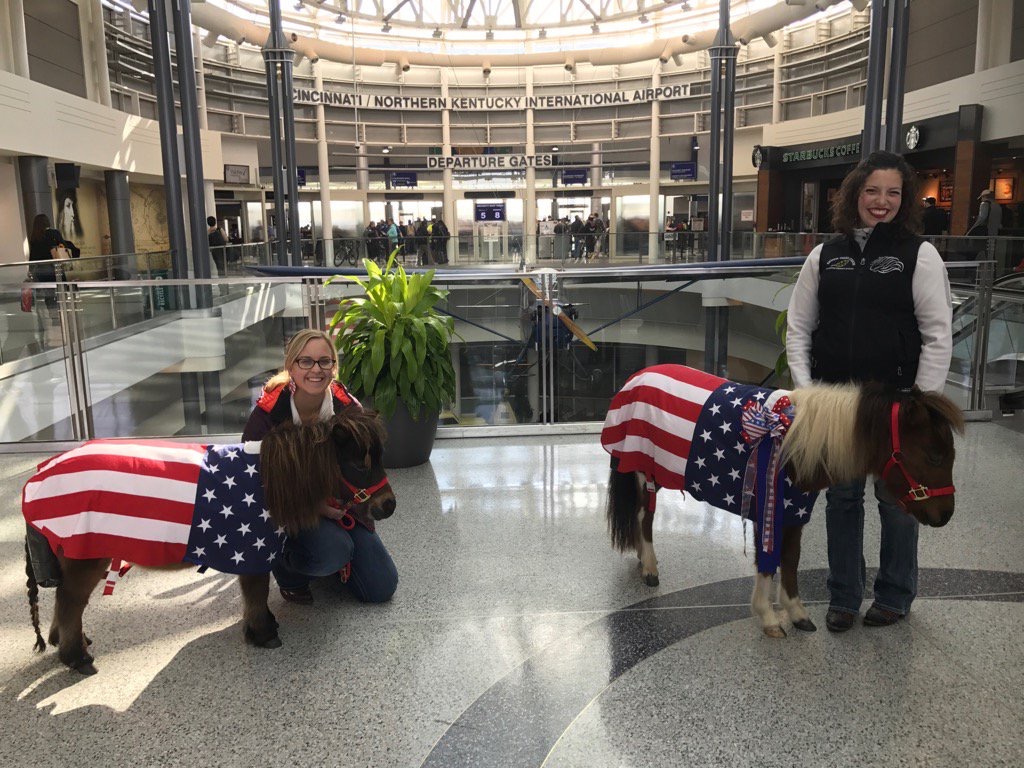
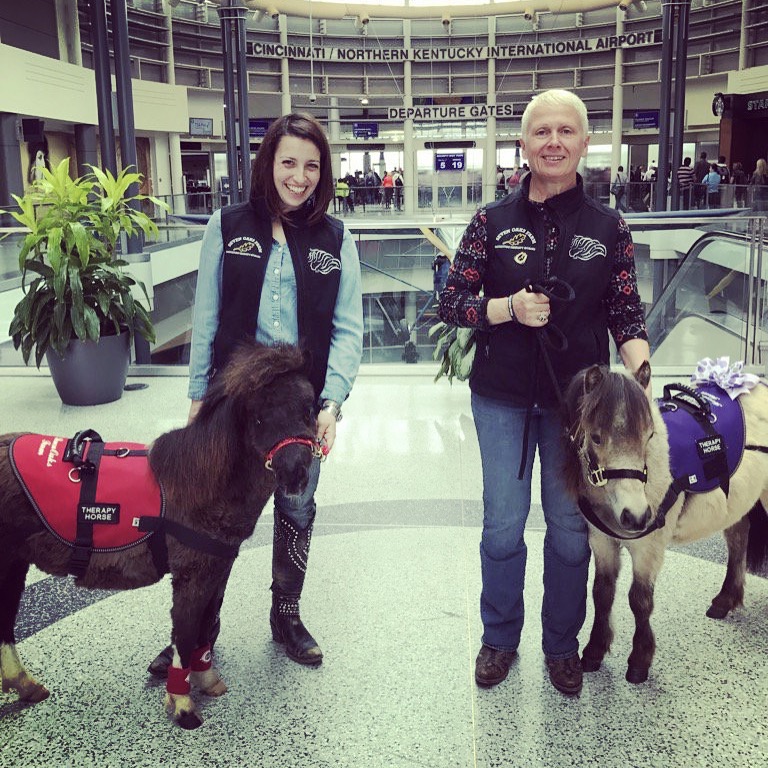
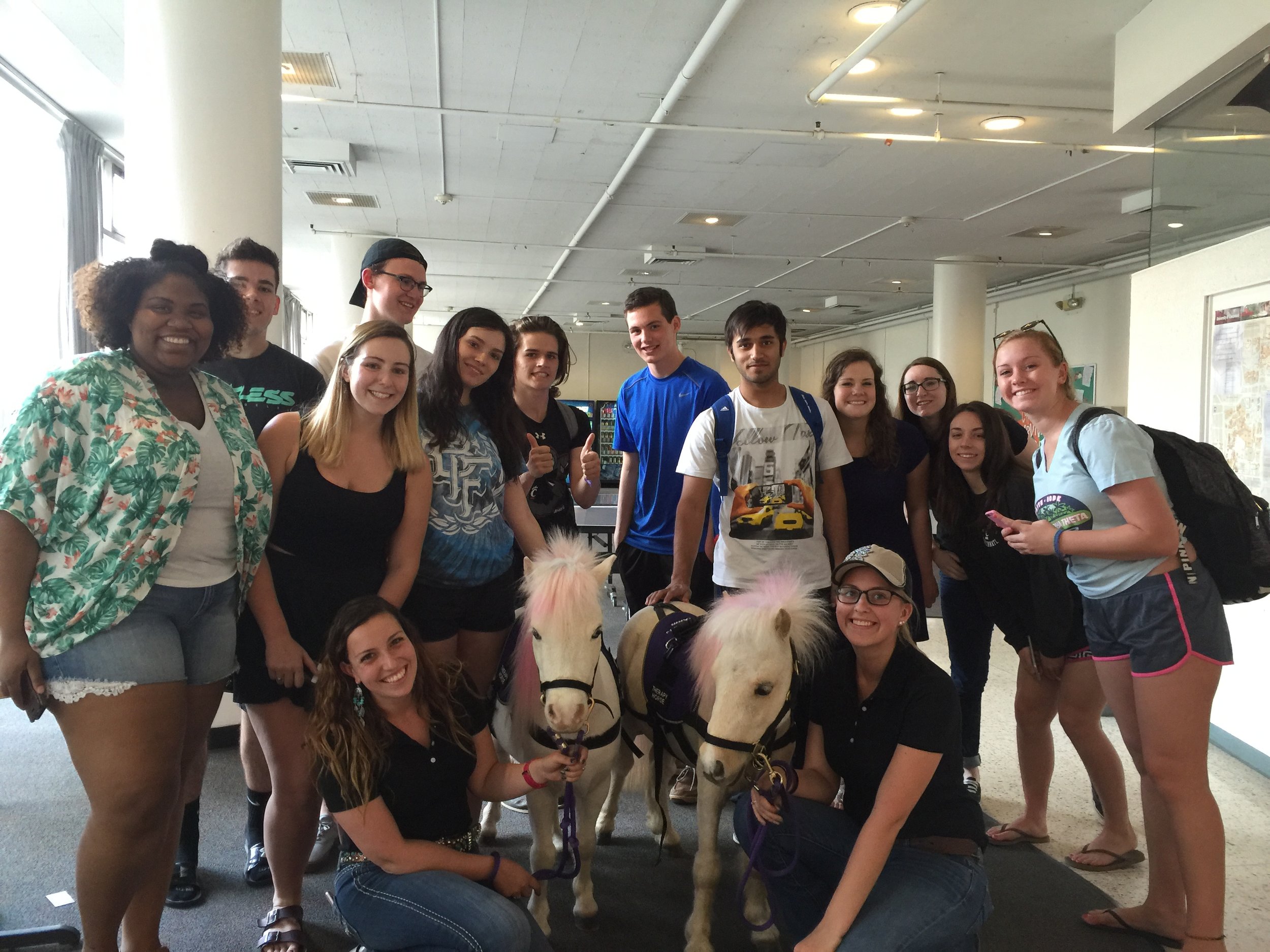

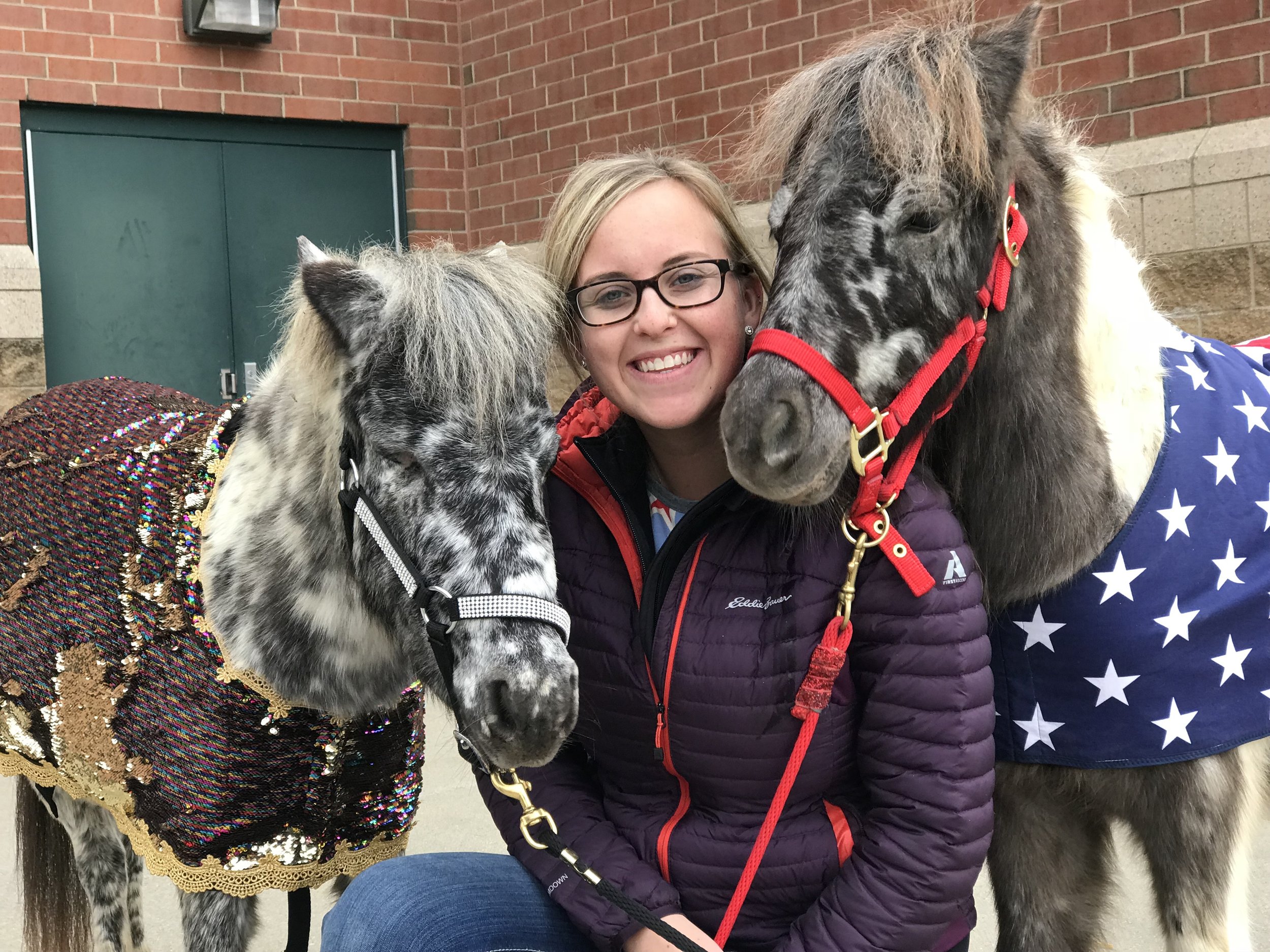
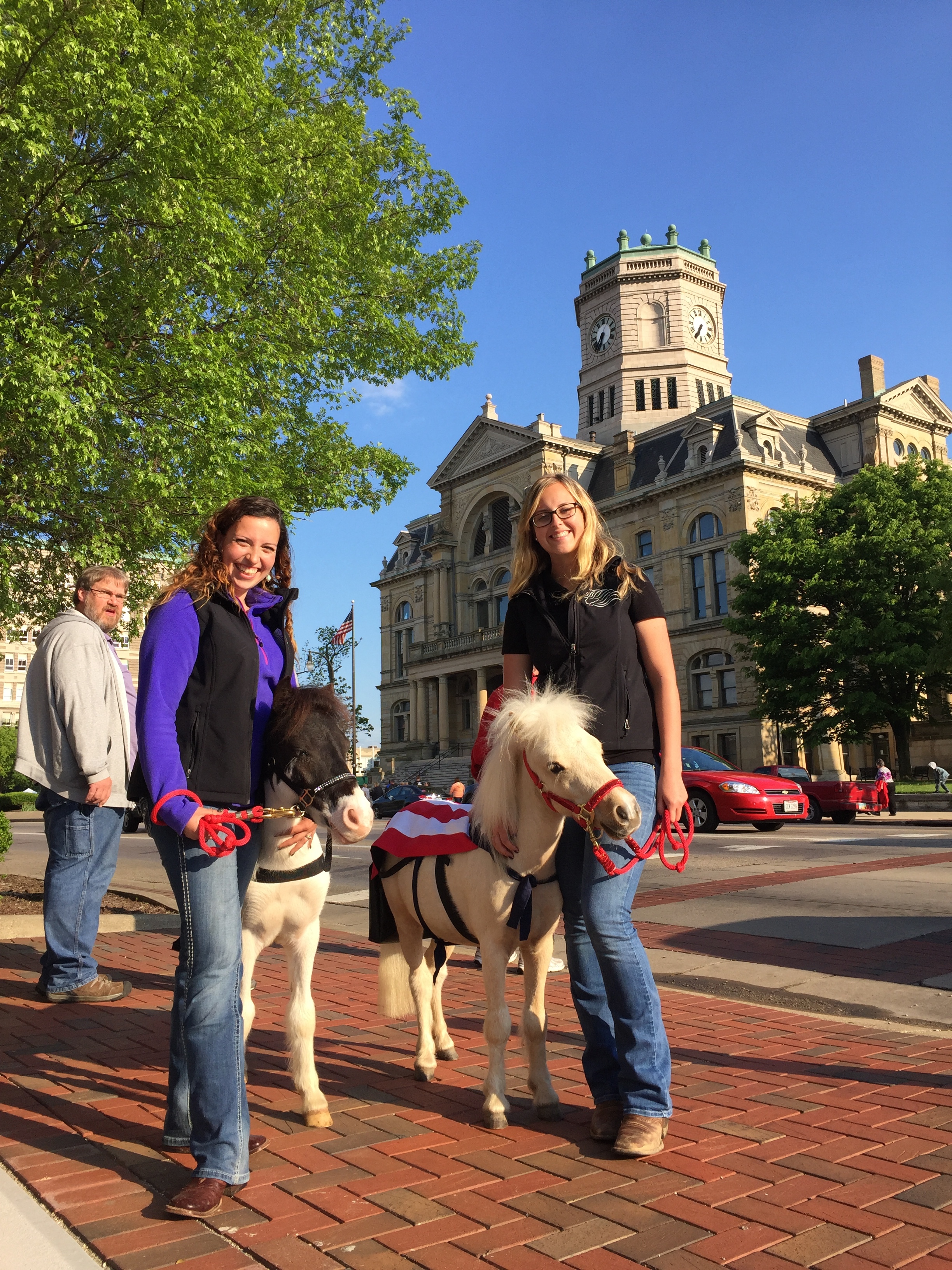

Termination of Therapy Training
During initial evaluation of a horse for therapy work, two characteristics will immediately disqualify:
kicking out of aggression
biting out of aggression
This is a sign of how the horse will respond under stress and would require a lot of training to change that response. There is no guarantee the horse will ever improve. It is worth mentioning, out of aggression is a very different response than playfulness or mouthiness. Horses play games with each other by nipping at the others’ front legs. There is a noticeable difference between a horse bite and a playful nip.
Do your homework
Ask what type of training the horse has received,
Ask for proof of training,
Ask for videos of visits if the horse is a “trained therapy horse”,
Ask someone who knows horses to accompany your visit with a new horse,
Make sure there is a contingency plan if the horse doesn’t work out within reasonable time,
Use previous experience with horses, and
Use your gut instinct.
You could check off all your “boxes” and find a horse that seems fit for therapy but doesn’t enjoy the work he/she does. That’s okay! Therapy work isn’t for every miniature horse. Our goal is to place the horse in a program it thrives in - and sometimes they’re just beautiful lawn ornaments with excellent ground work waiting for their forever home.
